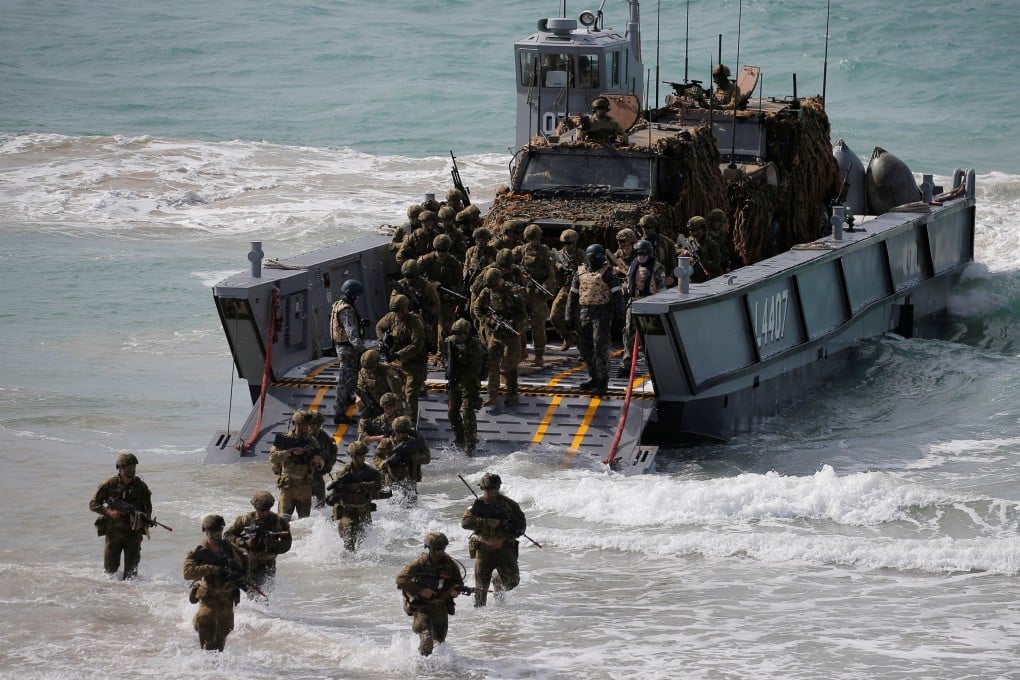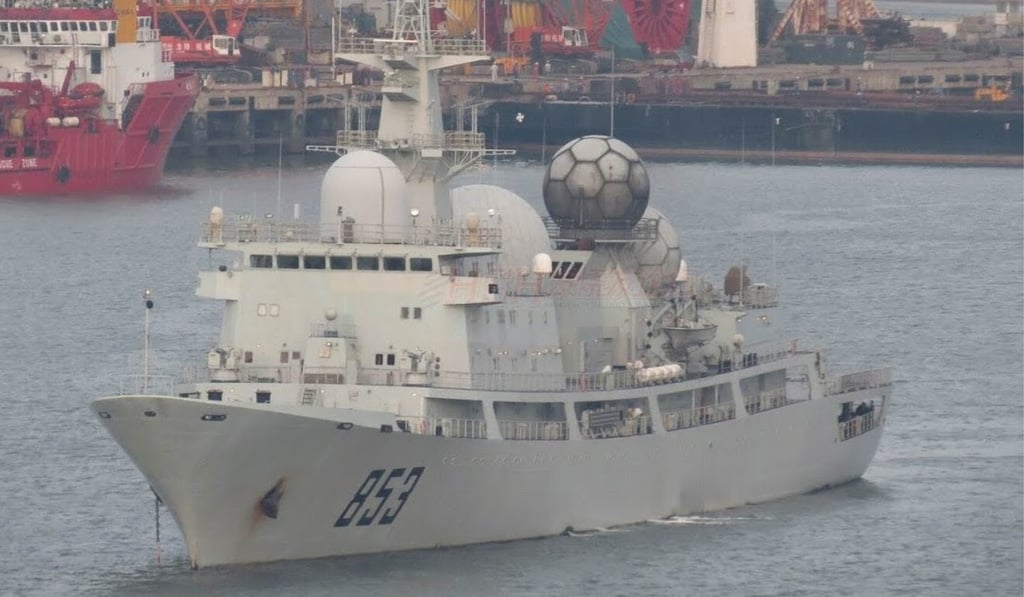Advertisement
Australia ‘wary’ of Chinese spy ship as it hosts military drills with US, Japan, others
- Canberra is ‘watching’ the Tianwangxing’s passage towards the Queensland coast, which analysts say is a routine move to monitor war games involving the US
- The development comes as China’s military has increased its monitoring activities in the Pacific, including the contested South China Sea
Reading Time:3 minutes
Why you can trust SCMP
30

Australia’s military is monitoring a Chinese People’s Liberation Army (PLA) Navy ship that is sailing towards the Australian coast, a development the country’s prime minister admitted being “wary” of despite its legality under international maritime rules.
Tianwangxing, a Chinese intelligence-gathering vessel, is believed to be en route to waters off Australia to monitor the country’s biannual Talisman Sabre joint exercise involving the United States and a number of US allies.
The exercise involving 17,000 troops kicked off on Wednesday, with previous participants Japan, New Zealand, Canada, and Britain, joined by South Korea for the first time. It will run until July 31.
Advertisement

Tianwangxing is expected to arrive off the coast of the state of Queensland on Friday. Similar Chinese navy vessels monitored previous military exercises involving Australia and the US in 2019 and 2017.
Advertisement
The development comes as China’s military has ramped up surveillance in the Pacific, including the South China Sea, where Beijing has overlapping territorial disputes with the Philippines, Vietnam, Malaysia, Brunei and Taiwan.
Advertisement
Select Voice
Select Speed
1.00x